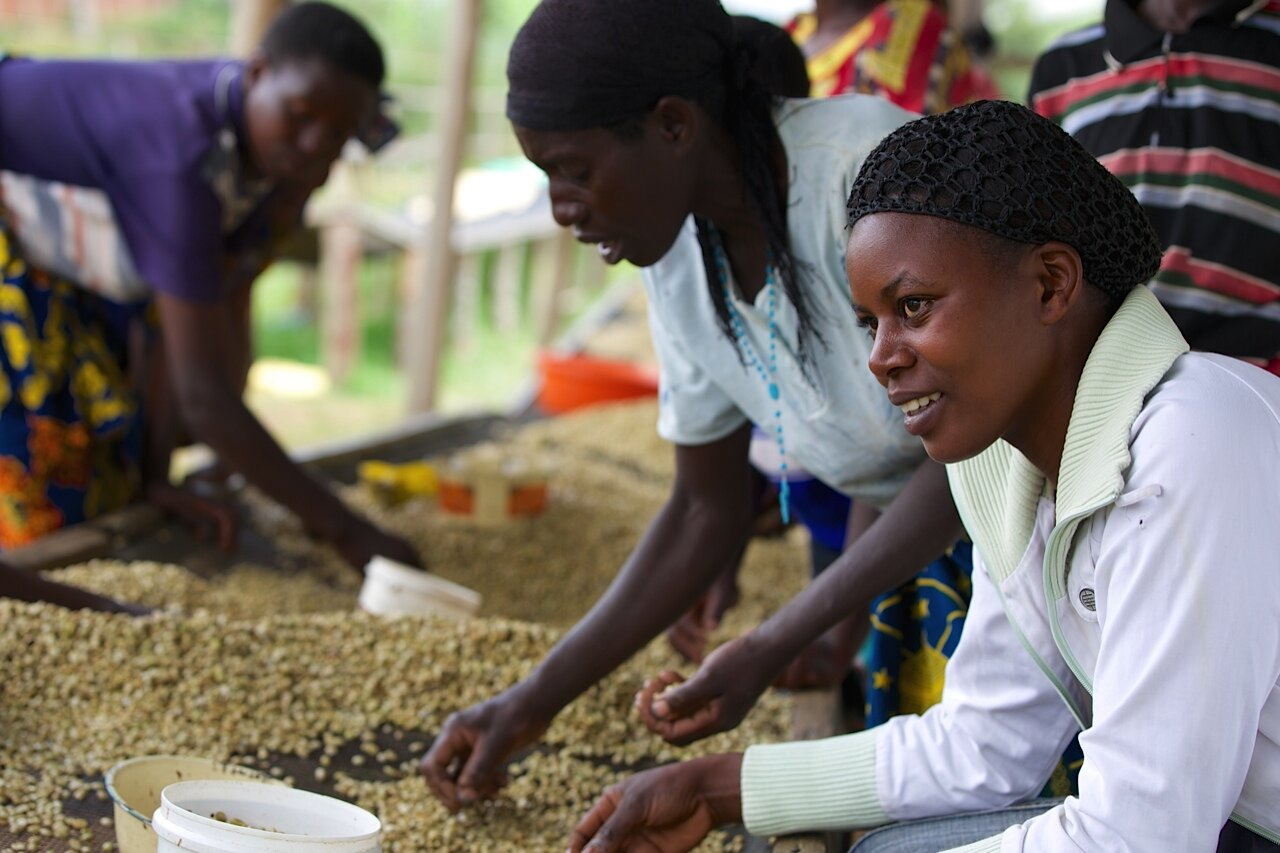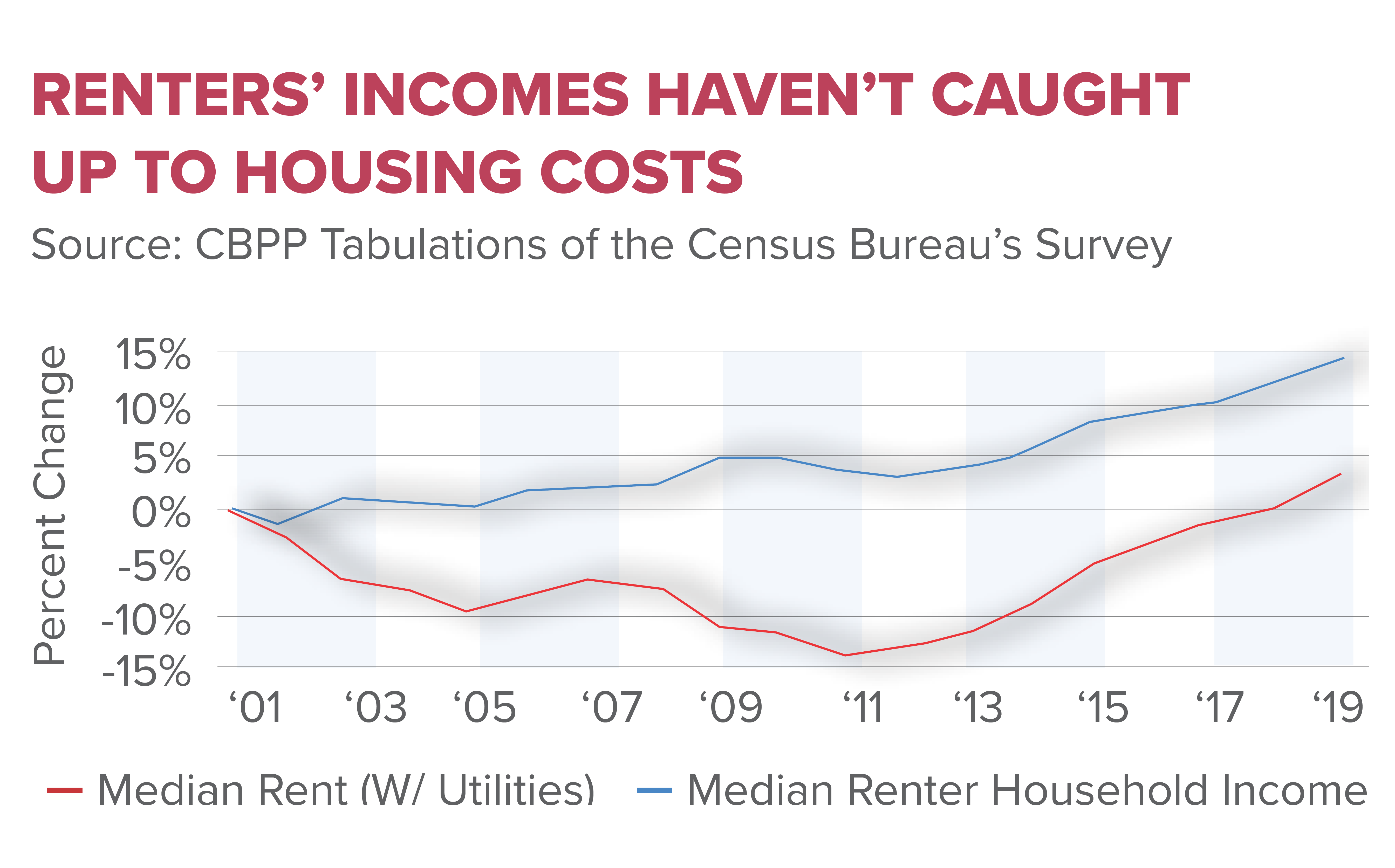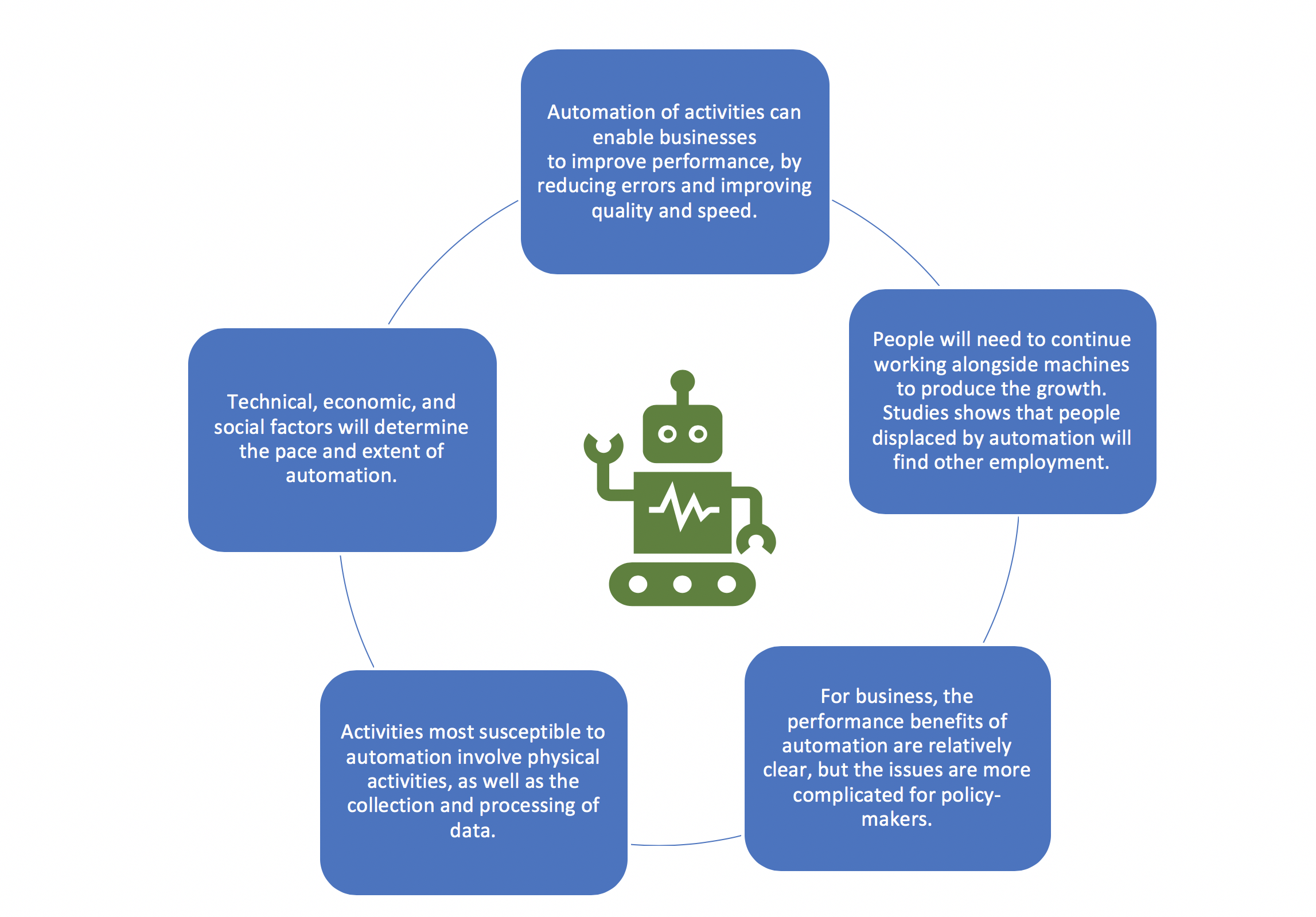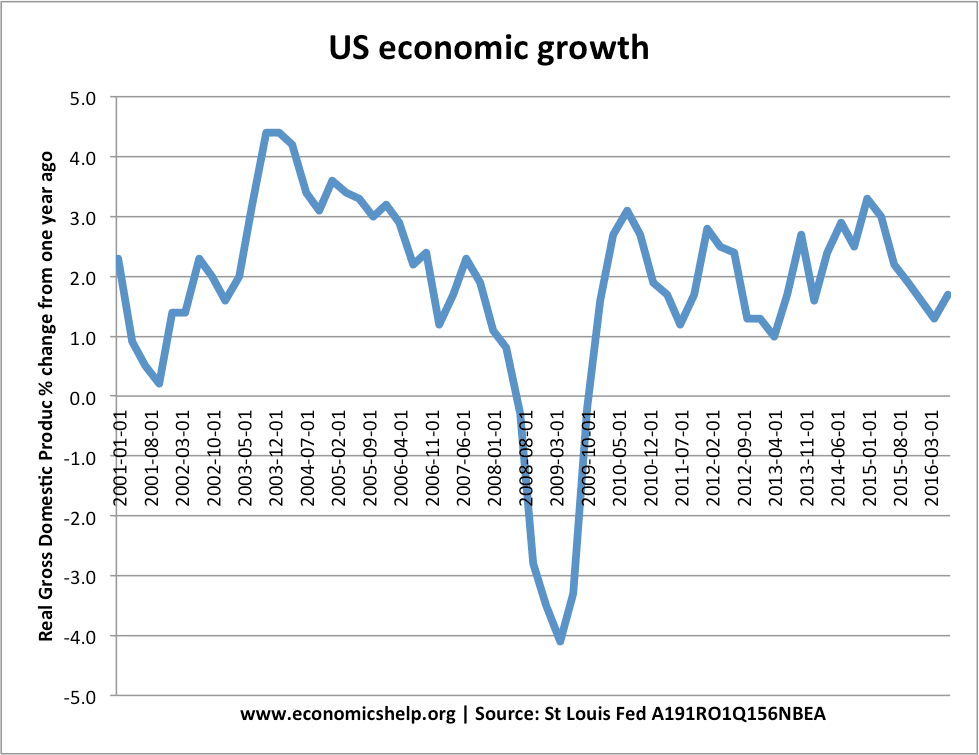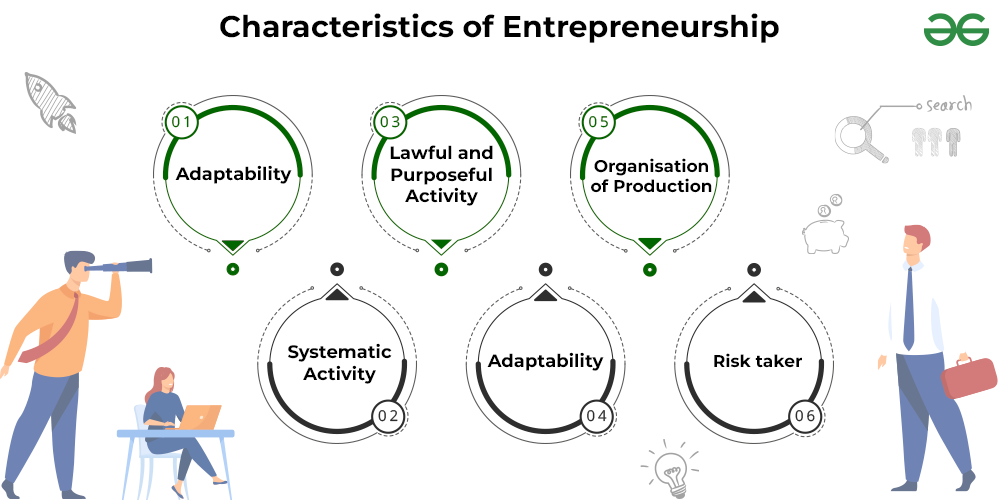Rwandan coffee and domestic violence present a complex interplay that highlights both the promise of economic empowerment for women and the harsh realities of gender-based violence. In recent years, the Rwandan coffee industry has evolved significantly, with an increasing number of women participating in cooperative mills, turning their traditional roles into economic opportunities. Research indicates that as women gain financial independence through wage labor, their vulnerability to domestic abuse decreases, particularly during the coffee harvest season when their contributions are economically vital. This dynamic not only supports women empowerment in Rwanda but also opens crucial dialogues about domestic violence research in the context of economic dependency. By examining the role of Rwandan cooperatives in transforming lives, we begin to understand how fostering women’s economic empowerment can lead to safer and more equitable households.
The relationship between Rwandan coffee production and the prevalence of domestic violence is an issue that intersects economic development and gender equality. In Rwanda, the expansion of the coffee sector has provided women with newfound opportunities to earn wages, thereby enhancing their status within households. Increased financial autonomy can challenge traditional power dynamics, which often perpetuate domestic violence. As women become integral contributors to family income, particularly in cooperative settings, the economic benefits can lead to greater bargaining power, reducing domestic abuse incidents. This phenomenon exemplifies the critical link between economic empowerment for women and the fight against domestic violence within communities.
The Rwandan Coffee Industry: A Catalyst for Economic Empowerment
The Rwandan coffee industry has experienced a remarkable transformation in recent years, fueled by a surge in coffee quality and a rise in international demand. This boom has led to the establishment of numerous coffee cooperatives across the country, allowing farmers, particularly women, to gain access to better wages and working conditions. By participating in these cooperatives, women are not only contributing to the economy but also stepping into roles that empower them both financially and socially. The involvement of women in the coffee production process represents a critical shift towards economic empowerment in Rwanda, enabling them to gain bargaining power within their households and communities.
Moreover, as women engage in the labor-intensive processes of coffee production, from harvesting cherries to processing beans, they become integral to the industry’s success. This participation helps break the traditional gender roles that often limit women’s economic contributions. Studies indicate that women working in coffee mills enjoy better financial stability, as they are no longer solely dependent on their husbands’ income. This newfound financial independence is crucial in reducing domestic violence, as women are better equipped to make decisions regarding their welfare and can leave abusive situations if necessary.
Women Empowerment in Rwanda: The Role of Cooperatives
Rwandan cooperatives have emerged as a powerful tool for women’s empowerment, fostering an environment where women can both contribute to and benefit from economic growth. These cooperatives provide a platform for women to engage in collective bargaining, share resources, and support one another in their pursuit of financial independence. The shift towards cooperatives highlights the importance of communal support systems in empowering women, allowing them to break free from the constraints of traditional gender norms. As more women join these cooperatives, they gain not only economic benefits but also a strong network of peers who advocate for their rights and well-being.
The impact of cooperatives extends beyond mere economic participation; they also play a significant role in reshaping families and social structures. Women who earn an income through cooperative work become key decision-makers in their households, influencing financial choices and family dynamics. This shift in power dynamics helps to promote gender equality and reduce domestic violence, as husbands are often more hesitant to engage in abusive behavior when their wives are economically empowered. Thus, cooperatives serve not only as economic entities but also as catalysts for social change, fostering a more equitable society.
Domestic Violence Research: Insights from the Rwandan Context
Research on domestic violence in Rwanda reveals critical insights into the relationship between women’s economic empowerment and the reduction of abuse. Studies, such as the one conducted by economist Deniz Sanin, demonstrate that women who work in the Rwandan coffee industry experience lower rates of domestic violence, particularly during the harvest season when their economic contribution directly affects household income. This correlation underscores the importance of women’s involvement in the labor market as a viable strategy for mitigating domestic abuse, challenging traditional norms that often place women in vulnerable positions.
Furthermore, the research highlights the necessity of contextual factors such as the legal environment and cultural acceptance of divorce. The existence of laws that criminalize domestic violence and support women’s rights to seek divorce plays a pivotal role in empowering women economically and socially. This multifaceted approach to understanding domestic violence in Rwanda illustrates the intricate ways in which economic empowerment and legal protections can collaborate to create safer environments for women, ultimately fostering a culture that promotes gender equality.
Empowering Women Economically: Lessons from Rwandan Cooperatives
Economic empowerment is a critical pathway for women seeking to improve their standing in society and achieve greater independence. In Rwanda, the establishment of cooperatives has provided women with a valuable opportunity to earn wages and gain financial literacy. Through cooperative structures, women can share resources, knowledge, and market access, positioning themselves as active participants in the economy. This empowerment translates directly to enhanced household decision-making power and increased self-esteem, reshaping their roles both at home and in their communities.
Additionally, as women experience the benefits of financial empowerment, there is a ripple effect on their families, contributing to better health, education, and overall well-being. Women who earn their own income are more likely to invest in their children’s education and health, breaking the cycle of poverty. The lessons learned from Rwandan cooperatives highlight the necessity of creating supportive environments where women can thrive economically, ultimately leading to broader social changes that benefit entire communities.
Exploring the Link Between Economic Empowerment and Domestic Violence
The nexus between economic empowerment and domestic violence is a crucial area of study, particularly in developing countries like Rwanda. Research indicates that when women earn an income, they gain not only financial independence but also the power to make significant decisions regarding their lives and families. This shift is particularly poignant in the context of domestic violence, where women with financial resources are better positioned to leave abusive relationships. Studies show that in regions where women have increased economic opportunities, such as those provided by the Rwandan coffee industry, incidents of domestic abuse decline.
However, it is essential to recognize that the relationship between economic empowerment and domestic violence is complex. While increased earnings can reduce violence, they can also trigger backlash from partners who feel threatened by their wives’ financial independence. Therefore, creating a holistic approach that includes educational programs, legal support, and community awareness is vital to maximizing the benefits of women’s economic empowerment in reducing domestic violence while minimizing potential adverse reactions from husbands.
The Rwandan Coffee Harvest: A Time of Hope and Risk for Women
During the coffee harvest season in Rwanda, women find themselves at a crossroads of opportunity and vulnerability. While the demand for labor in coffee processing can enhance their economic prospects, it can also expose them to risks associated with increased household tensions. Denise Sanin’s research illustrates that during this time, women who contribute economically through coffee production experience reduced rates of domestic violence. This finding underscores the importance of seasonal employment not just as a financial boon but also as a temporary shield against abuse.
Nonetheless, the harvest season can be a double-edged sword. With increased income, women may gain leverage in household decision-making, but they may also face challenges related to heightened conflicts with their partners, especially if traditional gender roles are threatened. Therefore, implementing supportive measures for these women, such as access to counseling and legal assistance, can further mitigate the risks while amplifying the empowering effects of their contributions to the coffee industry.
Combating Domestic Violence Through Economic Strategies
Addressing domestic violence requires a multifaceted approach, and economic strategies play a vital role in combating this issue. In Rwanda, initiatives aimed at empowering women economically through cooperatives and access to the coffee industry have proven effective in reducing incidents of domestic violence. By equipping women with financial resources and a sense of autonomy, these programs enable them to escape abusive relationships and contribute positively to their communities.
Furthermore, the success of these economic strategies highlights the importance of integrating education on gender equality and financial literacy into empowerment programs. By fostering a culture of respect and equality, communities can support women in asserting their rights and challenge the norms that perpetuate violence. Ultimately, a comprehensive strategy that combines economic empowerment with education and legal support is crucial for creating a safer environment for women in Rwanda.
The Role of Education in Supporting Women’s Economic Empowerment
Education plays a critical role in women’s economic empowerment, influencing their ability to participate in sectors like the Rwandan coffee industry. With education, women gain essential skills and knowledge that enhance their employability and entrepreneurial potential. This empowerment through education not only translates to increased income but also leads to improved health and social outcomes for themselves and their families. Educated women are better equipped to advocate for their rights and challenge existing gender disparities, ultimately contributing to the reduction of domestic violence.
Moreover, women’s education facilitates greater community engagement and participation in the decision-making processes that shape their lives. As women become educated, their involvement in cooperatives and entrepreneurial endeavors increases, leading to enhanced economic opportunities within the community. This is particularly important in the context of combating domestic violence, as educated women are more likely to seek legal recourse and community support in times of crisis. Thus, fostering education is foundational to advancing women’s rights and reducing violence in Rwandan society.
Policy Implications of Economic Empowerment Research in Rwanda
The findings from Deniz Sanin’s research on domestic violence and economic empowerment carry significant policy implications for Rwanda. Policymakers must recognize the interconnection between women’s income generation and the reduction of domestic violence, ensuring that economic empowerment programs are prioritized in national development strategies. Investing in women-focused initiatives, particularly in traditionally female-dominated industries like coffee production, is essential for creating sustainable growth and fostering a culture of equality.
Moreover, policies should also address the needs of women facing abuse, promoting laws that protect their rights and provide avenues for escaping violent relationships. This comprehensive approach can create a supportive environment for women to thrive economically while ensuring their safety. By integrating economic empowerment initiatives with robust legal protections, Rwanda can set a powerful precedent for other nations facing similar challenges, ultimately advancing the global fight against domestic violence.
Frequently Asked Questions
How does the Rwandan coffee industry empower women and reduce domestic violence?
The Rwandan coffee industry has created opportunities for women to participate in wage labor through cooperative mills, which process coffee cherries. This economic empowerment allows women to achieve financial independence, reducing their vulnerability to domestic violence. Studies show that when women earn wages, they experience lower rates of domestic abuse, particularly during harvest seasons when their labor directly contributes to the family’s income.
What role do Rwandan cooperatives play in women’s economic empowerment and domestic violence prevention?
Rwandan cooperatives play a crucial role in women’s economic empowerment by providing access to paid labor in the coffee production process. As women work in these cooperatives, they gain financial independence and bargaining power within their households, which has been linked to a decrease in incidents of domestic violence. The cooperative model fosters community support and collaboration, further enhancing women’s roles in the economy and promoting gender equality.
What evidence exists from domestic violence research connecting the Rwandan coffee industry to lower domestic abuse rates?
Recent domestic violence research highlights a notable correlation between the Rwandan coffee industry and decreased domestic violence rates. Economist Deniz Sanin’s study revealed that women working in coffee mills experienced a 29% reduction in self-reported domestic violence incidents during harvest periods. The results indicate that as women contribute economically, their partners tend to engage in less abusive behavior due to the financial risk associated with harming a wage earner.
How does women’s work in the Rwanda coffee industry affect their decision-making power in households?
Women’s work in the Rwandan coffee industry has been shown to enhance their decision-making power within households. As they earn independent incomes, women are more likely to participate in joint or sole decision-making regarding finances and family planning. This shift in dynamics helps challenge traditional norms that limit women’s roles, thus promoting greater gender equality and potentially reducing domestic violence.
What lessons can be drawn from the Rwandan coffee industry’s impact on domestic violence for similar initiatives elsewhere?
The success of the Rwandan coffee industry in reducing domestic violence through women’s economic empowerment provides valuable lessons for similar initiatives globally. It emphasizes the importance of creating opportunities for women to engage in paid labor, which can increase their bargaining power and enhance their status within the family. For effective domestic violence prevention, these initiatives should also ensure that women have access to resources that promote their ability to leave abusive relationships if necessary.
| Key Points |
|---|
| Study examines effects of women’s labor in Rwanda’s coffee industry on domestic violence rates. |
| Women employed at coffee cooperative mills experience decreased domestic violence during the harvest season. |
| Economic empowerment increases women’s bargaining power in households, reducing instances of abuse. |
| Research highlights a 29% reduction in self-reported domestic violence in neighborhoods with new mills. |
| Higher financial earnings correlate with lower domestic violence rates when divorce is socially acceptable. |
| Working outside the home lessens exposure to abusive partners, leading to decreased violence rates. |
Summary
Rwandan coffee and domestic violence are intricately linked through recent studies showing that women’s participation in the coffee industry leads to positive outcomes in their households. By empowering women through gainful employment at cooperative mills, the rates of domestic violence have significantly declined. This correlation underscores the importance of economic independence for women, as increased earnings provide them with bargaining power and reduce their vulnerability to abuse, particularly during the critical harvest season. Understanding these dynamics can aid policymakers in crafting interventions that not only support the coffee industry but also protect and empower women facing domestic violence.
